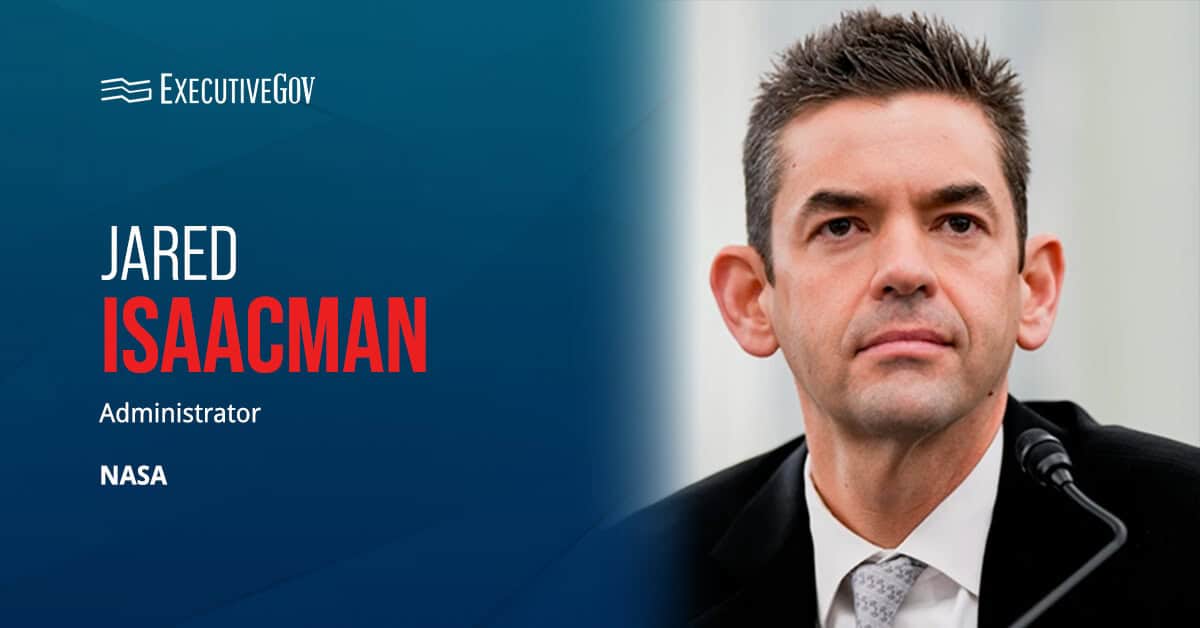
Ron Wyden, D-Ore., and Tom Cotton, R-Ark., introduced a bill intending to secure senator-owned electronic assets from potential cyber attacks. The Senate Cybersecurity Protection Act would authorize the senate sergeant at arms to help senators and associated staff boost the protection of their personal electronic devices and digital accounts, Wyden’s office said Wednesday.
The SSA doesn’t hold authority to use government funds for the cybersecurity of non-government-issued, senator-owned devices. The bipartisan bill hopes to address this gap in authority.
“Cybersecurity experts agree – malicious foreign entities used targeted hacks to influence the 2016 election to their benefit, and these attacks are only going to grow more frequent and sophisticated,†Wyden said. “The Senate doesn’t have the luxury of ignoring the changing landscape of cyber-attacks,” he added.Â





